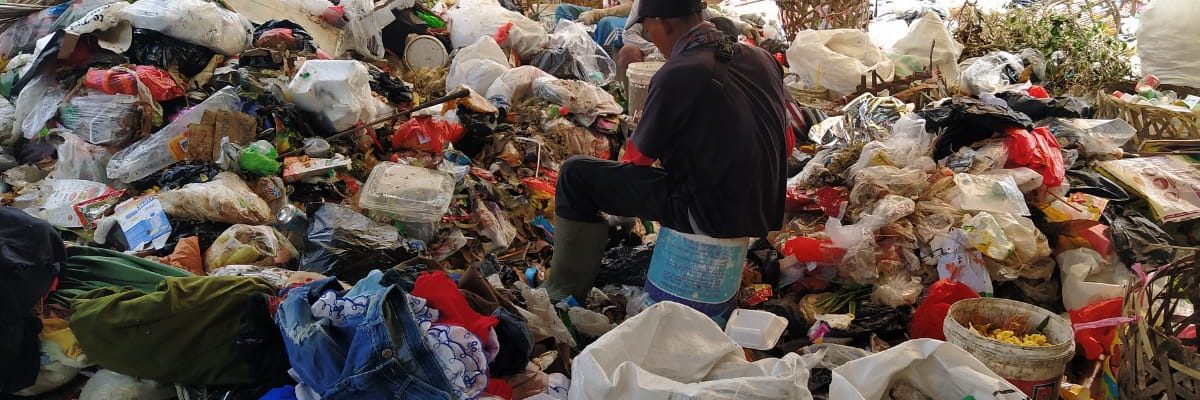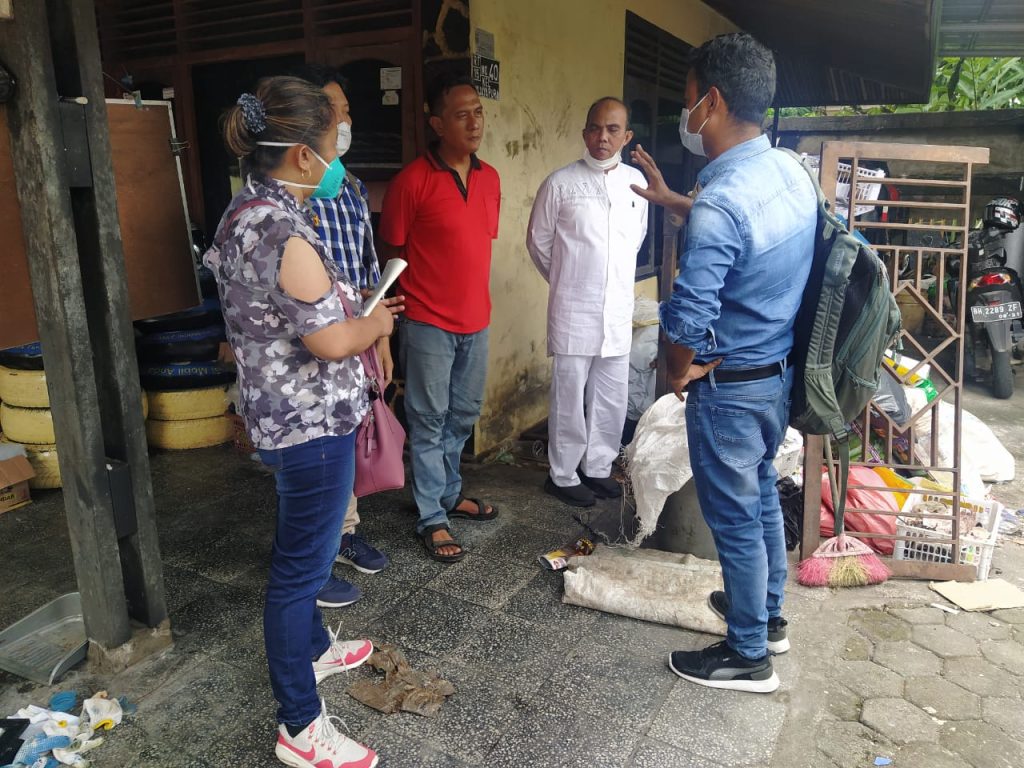Understanding and Strengthening Plastic Waste Management Systems in Jambi and Surat

Jambi city, is the capital and the largest city in the province of Jambi, Indonesia. With a population of approximately 6 million, the city generates around 430-500 tonnes of waste per day out of which 13 to 19% comprises plastic waste. Scientific management of this plastic waste is a major challenge for the city government. In the month of April 2022 , ICLEI Southeast Asia and ICLEI South Asia conducted an on-ground assessment of the existing plastic waste management system in the city as part of the ‘Developing Plastic Waste-Free Cities’ project supported by the Alliance to End Plastic Waste.
Jambi is one of the targeted cities under the project – that aims to develop investment-ready potential projects consistent with the Alliance’s goal towards effective waste management infrastructure, thereby preventing plastic leakage into the environment and promoting circular solutions.
The team conducted a recce of the city to understand the overall plastic waste management system – from generation, segregation, primary and secondary collection to processing and disposal. During the visit, the team also interacted with several types of waste generators including households, malls, retail shops, and vegetable and fruit markets to be able to identify challenges and gaps.

ICLEI team during a survey in Jambi, Indonesia.
Discussions were held with other critical stakeholders involved in the plastic waste value chain such as the informal sector, TPS-3R (Tempat Pengolahan Sampah), waste banks, junk shops, and aggregators to get an insight into the economics of plastic waste. The team also visited the material recovery facility and the sanitary landfill at Talang Gulo. The site visits were followed by stakeholder consultation attended by key actors across the spectrum – Environmental Agency, BAPPEDA (Badan Perencanaan Pembangunan Daerah), and representatives from waste banks and TPS 3R among others.
The visits and meetings helped to get a holistic understanding of the overall system on the ground. The discussions with the key actors helped to identify the challenges faced in managing plastic waste in the city and secure their inputs to identify potential infrastructure proposals that will eventually be part of the plastic waste management strategy and action plan.
In addition to this, ICLEI South Asia also met with the officials from Surat Municipal Corporation to finalise the baseline and gap assessment developed under the project. The discussions with the officials will benefit the formulation of the plastic waste management strategy and action plan for the city.